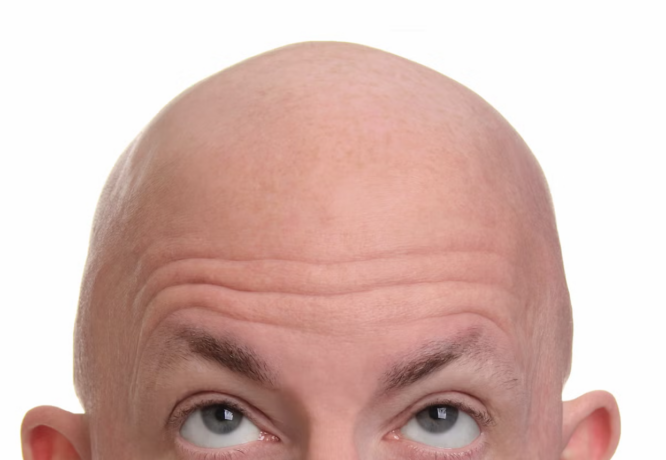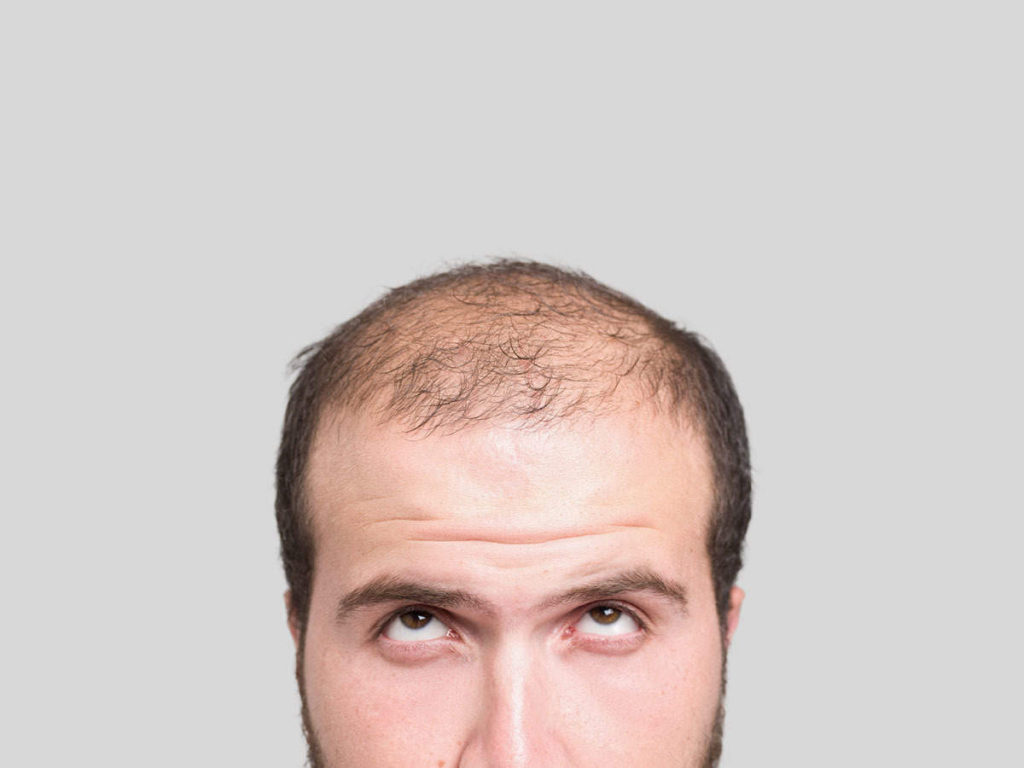
Hope for baldness? Research suggests a new therapy may be effective 2023
Sanjh
- 0
Androgenetic alopecia—male or female pattern baldness—is difficult to cure. Disrupting the complicated human hair cycle can cause hair loss. Hormones, genetics, and aging induce this.
Androgenetic alopecia can be treated with oral finasteride, topical minoxidil, growth factor concentrate-platelet rich plasma (GFC PRP), and hair transplant by follicular unit extraction (FUE), so developing expensive and risky treatments seems unnecessary.
Despite mixed outcomes, micro RNA delivery techniques have proven promising for treating many disorders. RNA therapy—ribonucleic acid therapy—is a new hair loss treatment. This medication targets hair development molecular pathways and stimulates hair follicles to create new hair. Initial study suggests a possible mechanism.

Micro RNA treatment targets cells poorly. Stem cells develop existing hair, but not new hair.
Northwestern University researchers believe this new method relaxes hair follicles, making them flexible and simple to develop. By increasing miR-205 production, they softened cells. “They started to grow hair in 10 days,” said senior author Rui Yi, a professor of pathology and dermatology at Northwestern’s Feinberg School of Medicine in Illinois. “These are not new stem cells being generated,” Yi added. We stimulate stem cells to generate hair. We often have stem cells, but they may not develop hair.”
It is too early to judge the efficacy or value of these studies because they were done with a mouse model, which does not necessarily translate to people. Hope exists.
Female pattern baldness has less successful treatments than male. RNA therapy may treat female hair loss in this way. However, this is still in early development, and further study is needed to determine its safety and efficacy in humans. It might be a revolutionary hair loss therapy.
Understand that hair loss has many reasons and may not respond to RNA therapy or other therapies. Get tailored hair loss treatment advice from a doctor or dermatologist.


